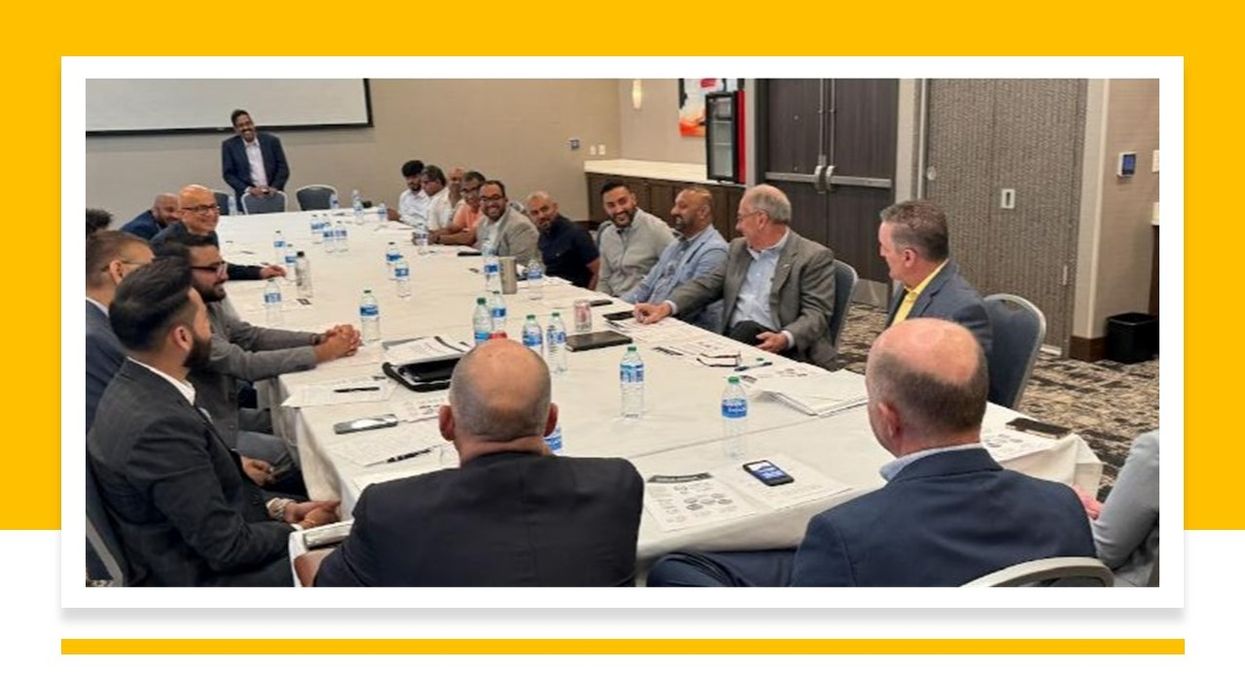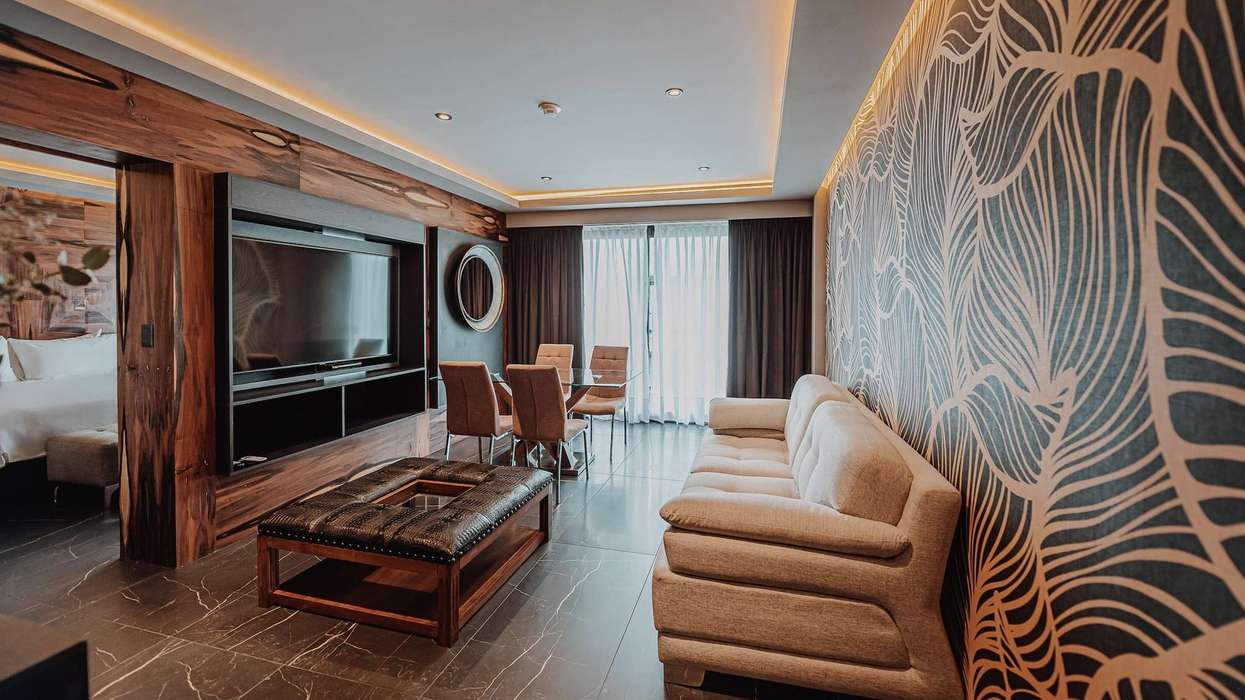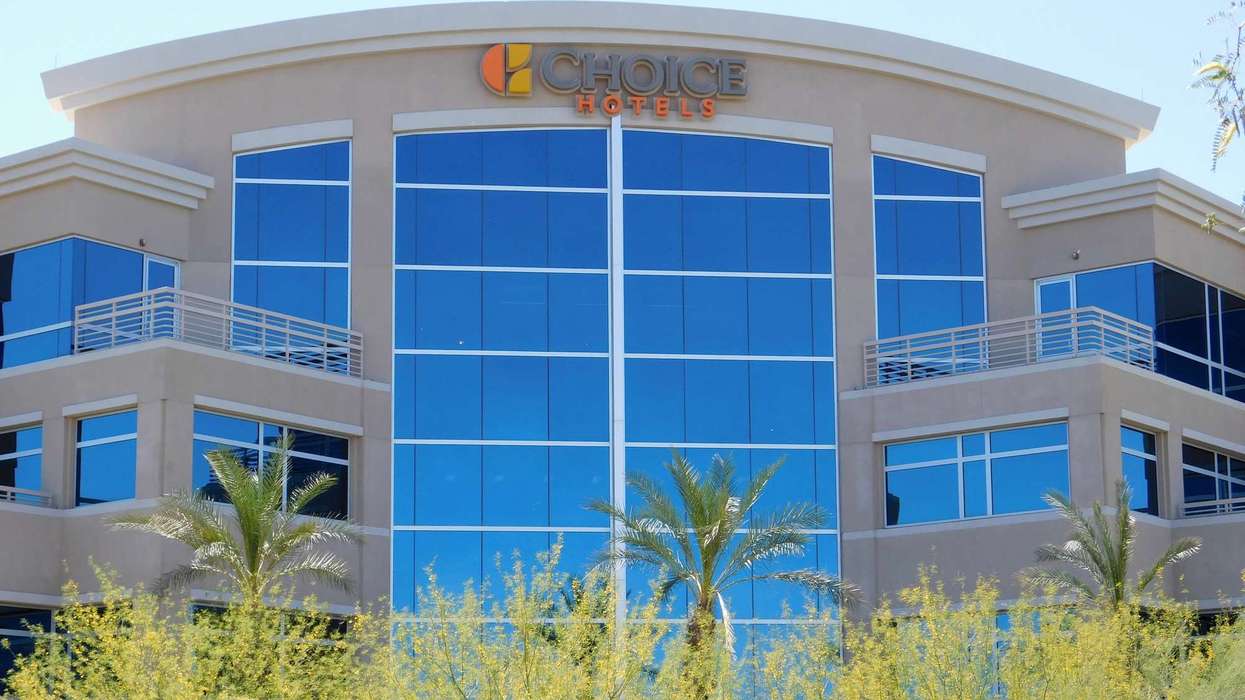AAHOA RECENTLY HOSTED the Hospitality Insurance Forum in Arkansas, addressing insurance challenges faced by hoteliers. The forum, attended by more than 30 hoteliers, focused on devising strategies to lower insurance premiums, enhance access to resources and increase accessibility.
Alan McClain, Arkansas's 24th insurance commissioner, was among the attendees.
"The prevailing insurance crisis continues to pose significant challenges for hoteliers and their businesses, requiring action by government officials," said Miraj Patel, AAHOA’s chairman. "AAHOA, representing nearly 20,000 members nationwide, remains committed to championing the interests of its members and advocating for solutions that promote sound policy and growth across the hospitality industry. Our recent meeting with commissioner McClain showcases AAHOA's resolve to address industry challenges head-on."
The forum participants included Katie Beck, CEO of the Arkansas Hospitality Association; Kelley Erstine, executive director, independent insurance agents of Arkansas; and David Beck and Matt Soto of First Arkansas Insurance.
Bharat Patel, AAHOA’s immediate past chairman, and Danny "Chintu" Patel, AAHOA Arkansas’ regional director, also attended.
"I'm proud to witness the proactive measures taken by AAHOA and its members in tackling the urgent insurance challenges confronting hoteliers, locally and nationally," said Danny Patel. "AAHOA members' significant economic contributions to the Arkansas economy underscore the imperative need for long-term solutions to protect the viability of our industry."
AAHOA continues to collaborate with regulatory authorities and industry stakeholders to tackle the insurance crisis plaguing the industry, the statement added. The association strives for impactful change, safeguarding the long-term success and resilience of the hospitality sector.
"In Arkansas alone, AAHOA members own nearly 90 percent of the hotels, contributing $2.4 billion to the state's gross domestic product," said Laura Lee Blake, AAHOA’s president and CEO. "There is a long way to go in addressing the insurance crisis, especially the inequities faced by smaller properties with obtaining affordable insurance, and we recognize the vital role AAHOA members play in ensuring economic sustainability in our industry.”
AAHOA recently rebranded its Regional Conferences and Trade Shows as "Hotel Owners Conferences & Trade Shows", highlighting initiatives such as HerOwnership and HYPE roundtables. The association anticipates these platforms will facilitate connections, collaboration, and drive positive change, empowering women and the next generation of leaders.






